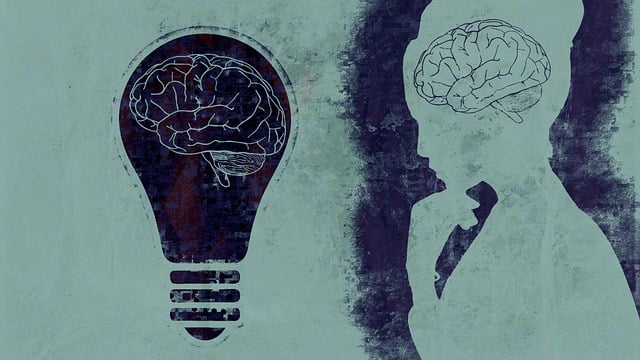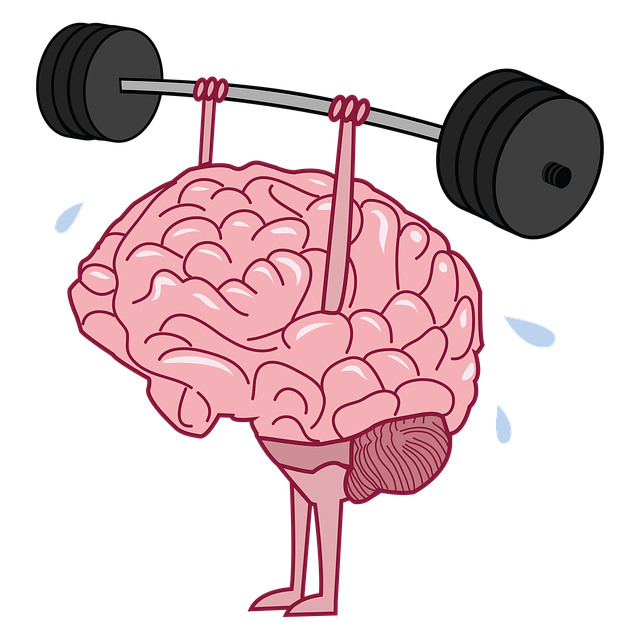Englewood Blended Families Therapy offers a comprehensive approach to mental health, focusing on cognitive techniques to manage emotions, resolve conflicts, and improve communication within complex family structures. This therapy incorporates CBT, mindfulness practices, and burnout prevention strategies for healthcare providers. By challenging negative thought patterns, cultivating empathy, and learning coping mechanisms, individuals gain emotional resilience, improve relationships, and enhance overall well-being. Englewood Blended Families Therapy is a holistic, effective solution for navigating stress, anxiety, mood disorders, and promoting healthier family dynamics.
Mood regulation is a vital skill, especially in today’s fast-paced world. This article explores various strategies to help individuals navigate and manage their emotional states effectively. From cognitive techniques like those employed in Englewood Blended Families Therapy to behavioral strategies and mindfulness practices, each section offers practical insights. Discover how these approaches can enhance mood stability and promote overall well-being, providing tools to cope with life’s challenges.
- Understanding Mood Regulation: The Role of Englewood Blended Families Therapy
- Cognitive Techniques for Managing Emotional State
- Behavioral Strategies to Enhance Mood Stability
- Mindfulness and Relaxation Techniques for Calming Stormy Emotions
Understanding Mood Regulation: The Role of Englewood Blended Families Therapy

Understanding Mood Regulation is a pivotal step in enhancing mental wellness and health awareness. In today’s fast-paced world, stress, anxiety, and mood disorders are prevalent issues that impact individuals across various demographics. This is where Englewood Blended Families Therapy steps in as a transformative approach. The therapy focuses on identifying and modifying negative thought patterns and behaviors, empowering individuals to effectively manage their emotions.
Englewood Blended Families Therapy incorporates tailored strategies for conflict resolution techniques, fostering healthier relationships and communication. By addressing underlying issues and promoting emotional intelligence, this therapeutic method enables clients to navigate life’s challenges with resilience. Through structured sessions, individuals learn valuable coping mechanisms, gain insights into their emotional triggers, and develop effective strategies to maintain a stable and positive mood.
Cognitive Techniques for Managing Emotional State

Cognitive Techniques for Managing Emotional State offer powerful tools to regulate mood and navigate life’s challenges. Through Englewood Blended Families Therapy, individuals learn to identify and challenge negative thought patterns that contribute to emotional turmoil. This process involves questioning the validity of distorted thoughts, replacing them with more realistic and balanced perspectives. For instance, if someone tends to view every situation as a personal failure, therapy can help them recognize this cognitive distortion and reframe it as an opportunity for growth.
By implementing Burnout Prevention Strategies for Healthcare Providers, these techniques empower people to manage stress and maintain emotional resilience. Effective Communication Strategies play a pivotal role in this process, enabling individuals to express their feelings and needs assertively while fostering deeper connections with others. Mood Management becomes more accessible when people gain the skills to recognize early warning signs of emotional shifts and employ coping mechanisms tailored to their unique experiences.
Behavioral Strategies to Enhance Mood Stability

Maintaining emotional balance is a crucial aspect of overall well-being, especially within complex family structures like Englewood Blended Families. Behavioral strategies play a significant role in enhancing mood stability for individuals and families alike. One effective approach involves identifying and modifying negative thought patterns through cognitive behavioral therapy (CBT). By challenging distorted thinking and replacing them with more realistic and positive thoughts, individuals can experience improved emotional regulation.
Englewood Blended Families Therapy often incorporates various techniques to support this process. These may include mindfulness practices, such as meditation and deep breathing exercises, which help individuals stay grounded in the present moment, reducing reactivity to stressful situations. Additionally, teaching effective coping skills, like problem-solving strategies and stress management techniques, empowers family members to navigate challenges with resilience. This holistic approach not only promotes individual emotional healing processes but also fosters healthier interactions within the family unit, contributing to a more positive mental health awareness and risk assessment for mental health professionals.
Mindfulness and Relaxation Techniques for Calming Stormy Emotions

In moments of intense emotions, mindfulness and relaxation techniques can be powerful tools for calming stormy feelings. Englewood Blended Families Therapy emphasizes the importance of these practices in managing mental health. Mindfulness Meditation encourages individuals to focus on the present moment, observing thoughts and sensations without judgment, which can help to quiet the mind and reduce emotional intensity. By cultivating a non-reactive mindset, one can gain better control over their responses to stressful situations.
Additionally, Empathy Building Strategies play a crucial role in emotional regulation. Understanding and acknowledging one’s feelings is the first step towards managing them effectively. The Mind Over Matter principles, often taught through therapy, empower individuals to reframe negative thoughts and cultivate a more positive outlook. These strategies, when practiced consistently, can transform reactive emotions into opportunities for growth and understanding, fostering healthier relationships and overall well-being.
In conclusion, mood regulation is a multifaceted process that can significantly impact overall well-being. From cognitive techniques to mindfulness practices, various strategies exist to help individuals manage their emotional states effectively. As highlighted by Englewood Blended Families Therapy, family dynamics play a crucial role in mental health, emphasizing the importance of holistic approaches. By combining cognitive, behavioral, and relaxation methods, individuals can navigate life’s challenges with enhanced resilience and improved mood stability, ultimately fostering a more balanced and fulfilling life.











